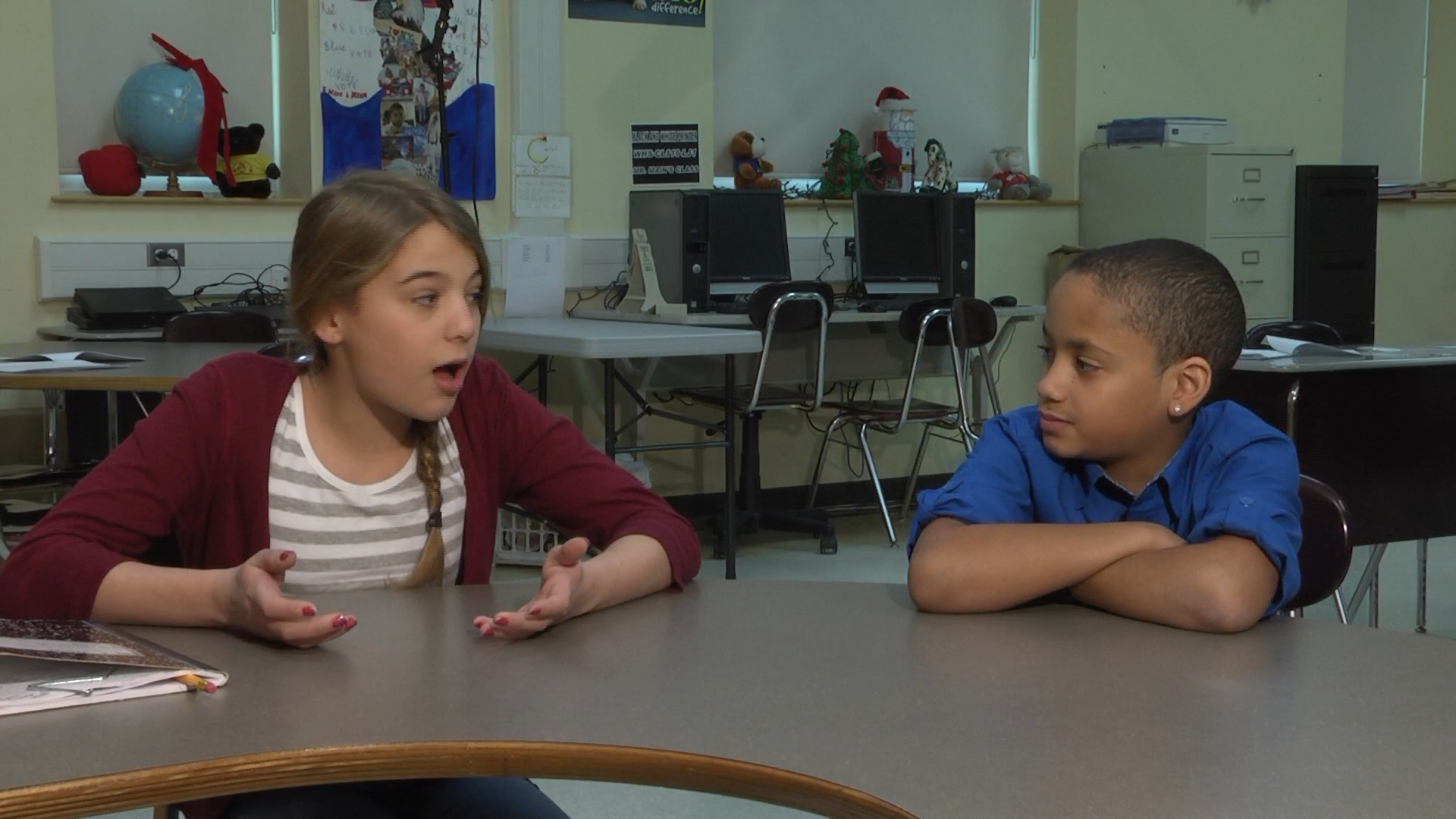
Introduction
Communication is a vital skill for elementary students to develop. By teaching them to think about others before engaging in conversations, we can help them enhance their communication skills and foster stronger relationships. This blog post will explore the importance of considering others’ interests and feelings before talking to them, and provide a no-prep activity that educators can use in the classroom. We will also discuss related skills that can further support students’ social-emotional development.
No-Prep Activity: Conversation Detective
This activity requires no preparation or materials, and it encourages students to think about others before speaking. Here are the steps to follow:
- Divide the class into pairs.
- Explain that one student in each pair will be the “Conversation Detective” while the other will be the “Speaker.”
- The Speaker will start a conversation with the Conversation Detective, talking about any topic they choose.
- Before responding, the Conversation Detective must pause and think about what they know about the Speaker’s interests, feelings, or experiences.
- The Conversation Detective will then respond by connecting their reply to something they know about the Speaker.
- After a few exchanges, have the students switch roles and repeat the process.
- After the activity, bring the class together to discuss their experiences and what they learned.
Discussion Questions
- How did it feel when your partner thought about your interests and experiences before responding?
- What challenges did you face when trying to connect your responses to your partner’s interests or experiences?
- How can thinking about others before speaking help improve our relationships and communication skills?
- In what other situations can we apply this skill to improve our interactions with others?
- Why is it important to consider the feelings of others when engaging in conversations?
Related Skills
Developing effective communication skills involves more than just thinking about others before speaking. Here are some additional skills that can help students improve their social-emotional abilities:
- Active listening: Encourage students to focus on what others are saying, ask clarifying questions, and provide feedback to demonstrate their understanding.
- Empathy: Teach students to put themselves in others’ shoes and understand their feelings, which can lead to more compassionate and supportive conversations.
- Nonverbal communication: Help students become aware of their body language, facial expressions, and tone of voice, as these cues can greatly impact the messages they convey.
- Conflict resolution: Equip students with strategies to address disagreements and misunderstandings in a constructive and respectful manner.
Next Steps
To further support your students in developing their social-emotional skills, we invite you to sign up for free samples of the discussed skill and others at Everyday Speech. By incorporating these valuable resources into your classroom, you can help your students build strong communication habits that will benefit them throughout their lives.

